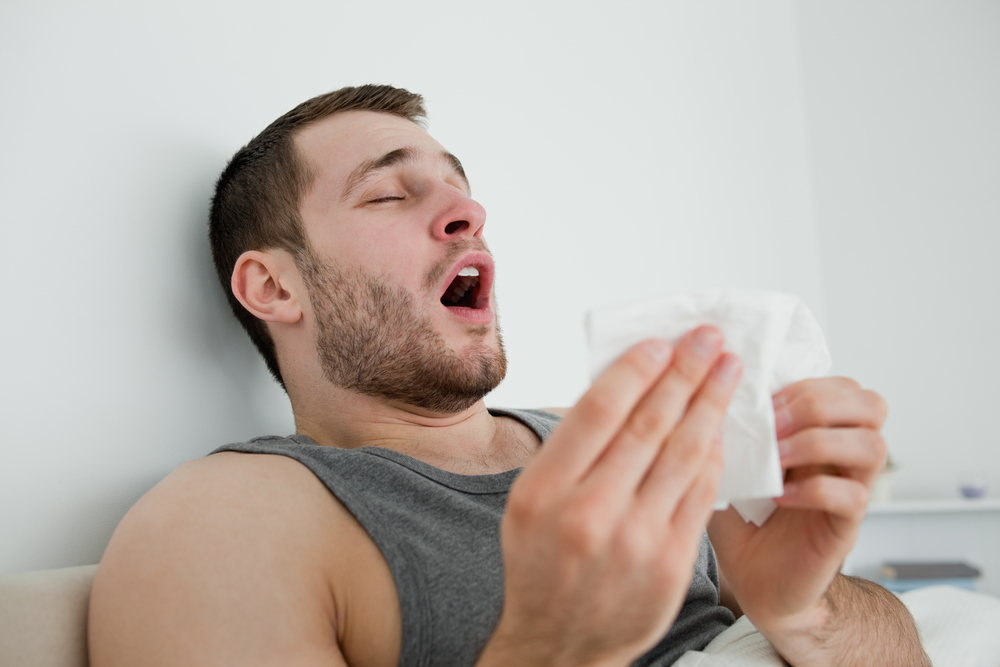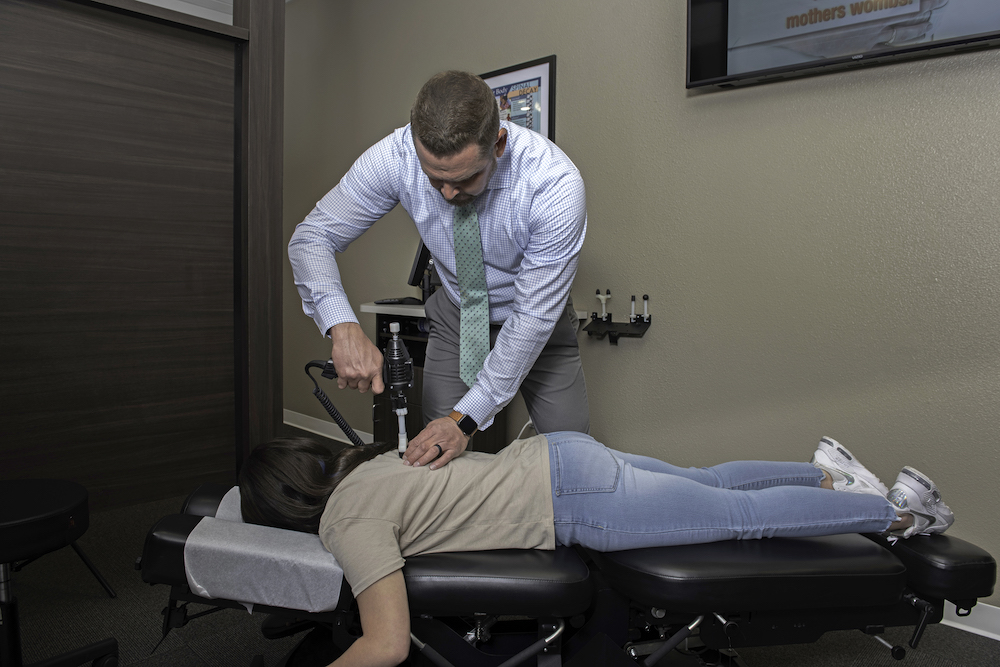Why Does My Back Hurt When I Cough?
3 min read

You cough or sneeze, and your back hurts. This might not make any sense, but back pain when coughing can be explained. When you cough, your shoulders come up and your body leans forward. You are also flexing your abdominal and back muscles. This affects the position of your spine. The pain itself is likely caused by something going on with your back or core. That pain can occur in the upper or lower back and even the hips and legs.
What exactly causes back pain when coughing?
The pain can be caused by one or more of the following:
- A herniated disk, also called a ruptured or slipped disk. This is a very common cause of back pain and symptoms sometimes become more obvious when coughing.
- A muscle strain in your back.
- A sprain in your back, affecting the ligaments that hold your spine together.
- A muscle spasm or cramp.
- Muscle tension in the upper back that causes pressure on the ribs and the costovertebral joints - where your ribs join your spine. This causes pain in the upper back.
- Weak back muscles, or past injuries.
- Chronic coughing can also be the cause of the back pain. Coughing a lot can lead to muscle spasms or strains.
So, what can you do about it? In most cases, your back hurts when you cough or sneeze because it's aggravating an underlying problem in your back which can be treated by a chiropractor. A chiropractor or general practitioner can help you find the root cause of back pain that lasts for more than a few days. They can also recommend a treatment plan.
Some recommendations from a chiropractor for treating back pain, especially if experienced while coughing, might include:
- If you have a chronic cough, then treat the cause. A lingering cough after a cold or flu should be addressed by your doctor. If it's caused by smoking, then make an effort to quit.
- Rest. This does not mean bed rest, which is now considered a poor option for back pain, but identifying a physical activity which is causing overuse or strain and taking a break from it.
- Do exercises to strengthen weak back muscles and to stretch your back. Also look at exercises to strengthen your core and improve stability. Avoid leg lifts and sit ups, which put too much strain on your back and hips. Certain yoga poses can also be helpful. Exercises to strengthen your back and core are the best form of back pain prevention. However, if you already have back pain, you should talk to your doctor before starting exercise.
- Learn to lift correctly. Always lift from your knees, not your back.
- Work on your posture. Try not to hunch forward, especially while coughing - although that can be difficult. Rearrange your desk so your monitor is at the correct height, and consider using an external keyboard on laptops so you can raise the screen. Keep your spine in good alignment when sitting and standing.
- A back brace may be recommended if other measures are not working.
- Massage therapy can help pain in the muscles and can also reduce the kind of tension which causes muscle spasms in the first place.
- Use over the counter pain relievers to reduce symptoms. An ice pack is recommended immediately after an injury, a heat pack is more useful for lingering pain. In some cases this can be enough to treat a minor injury.
- Electrical muscle stimulation. Your chiropractor may recommend this back pain treatment for muscle tension or spasms. The treatment delivers mild electrical pulses to the affected muscles. This is a non-invasive, non-painful treatment with few or no side effects, and may be used on its own or in conjunction with other therapies.
- Cold laser therapy. This is a treatment that uses a low intensity laser to speed healing of tendons and ligaments that have been strained or sprained.
- Lumbar traction. If your back pain comes from a herniated disk, lumbar traction may be used to gently separate the vertebrae and allow the disk to slip back in place.
If you are experiencing back pain when coughing or sneezing, then you probably have a problem a chiropractor can help with. Contact Village Chiropractic to find out what we can do for you and schedule an appointment.






